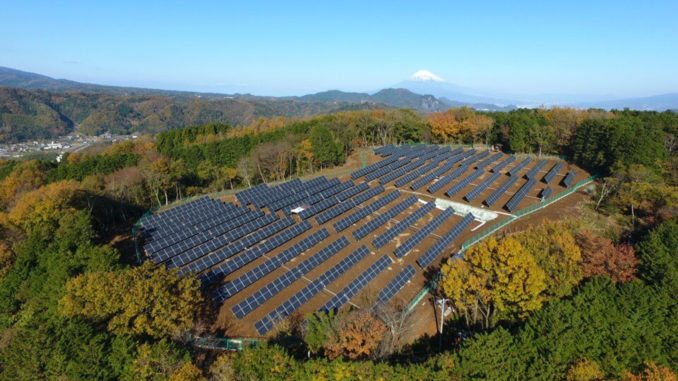
Climate change is one of the most pressing issues facing the world today. The burning of fossil fuels, such as coal, oil, and natural gas, is the primary cause of climate change, releasing greenhouse gases into the atmosphere that trap heat and cause global temperatures to rise. This leads to a wide range of negative impacts, including sea level rise, more severe storms, droughts, and flooding, as well as damage to ecosystems, wildlife and human health.
Renewable energy can play a critical role in addressing climate change. Unlike fossil fuels, renewable energy sources do not emit harmful greenhouse gases, so they do not contribute to global warming. By transitioning to renewable energy, we can reduce our greenhouse gas emissions and slow the pace of climate change.
Solar and wind energy are two of the most popular forms of renewable energy. Both of these sources are clean, sustainable, and can be installed in homes and buildings, providing electricity at a lower cost than traditional energy sources. In addition, hydroelectric power can be generated by building dams on rivers, creating electricity and also providing a source of water for irrigation and drinking. Biomass energy can be generated by using waste from agriculture and forestry to generate electricity, reducing the amount of waste going to landfills and reducing the need for fossil fuels.
Investing in renewable energy also creates jobs and stimulates economic growth. The renewable energy industry is growing rapidly, creating jobs in manufacturing, installation, and maintenance of renewable energy systems. Moreover, by reducing dependence on fossil fuels, renewable energy can help to increase energy security and reduce the risk of price fluctuations caused by changes in the global fossil fuel market.
Another way that renewable energy can assist with climate change is by reducing the dependence on fossil fuels, which are finite resources. Renewable energy sources, such as solar and wind energy, are unlimited, which means that we will never run out of them. As a result, by transitioning to renewable energy, we can reduce our dependence on fossil fuels and secure our energy future.
In conclusion, renewable energy is a key solution to address climate change. It offers a clean, sustainable and cost-effective alternative to fossil fuels, which is the primary cause of climate change. By investing in renewable energy, we can reduce greenhouse gas emissions, create jobs and stimulate economic growth, increase energy security, and secure our energy future.
